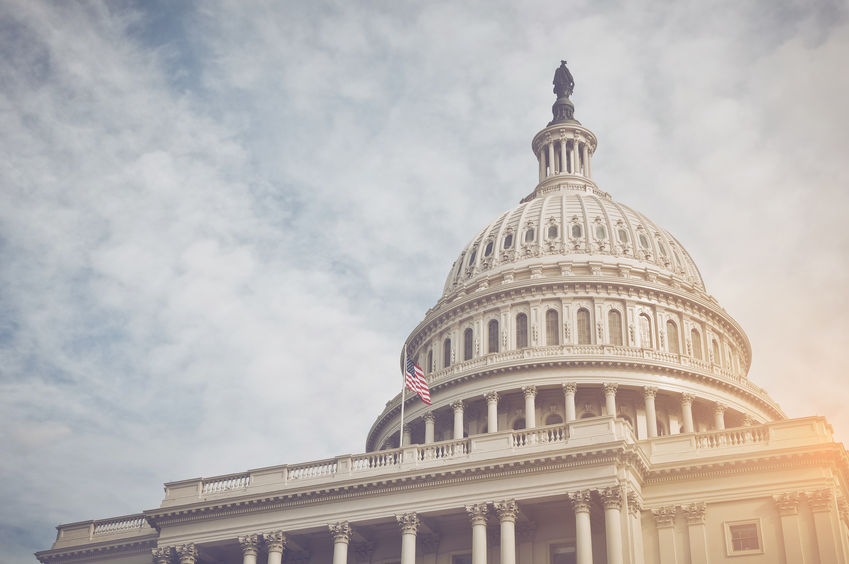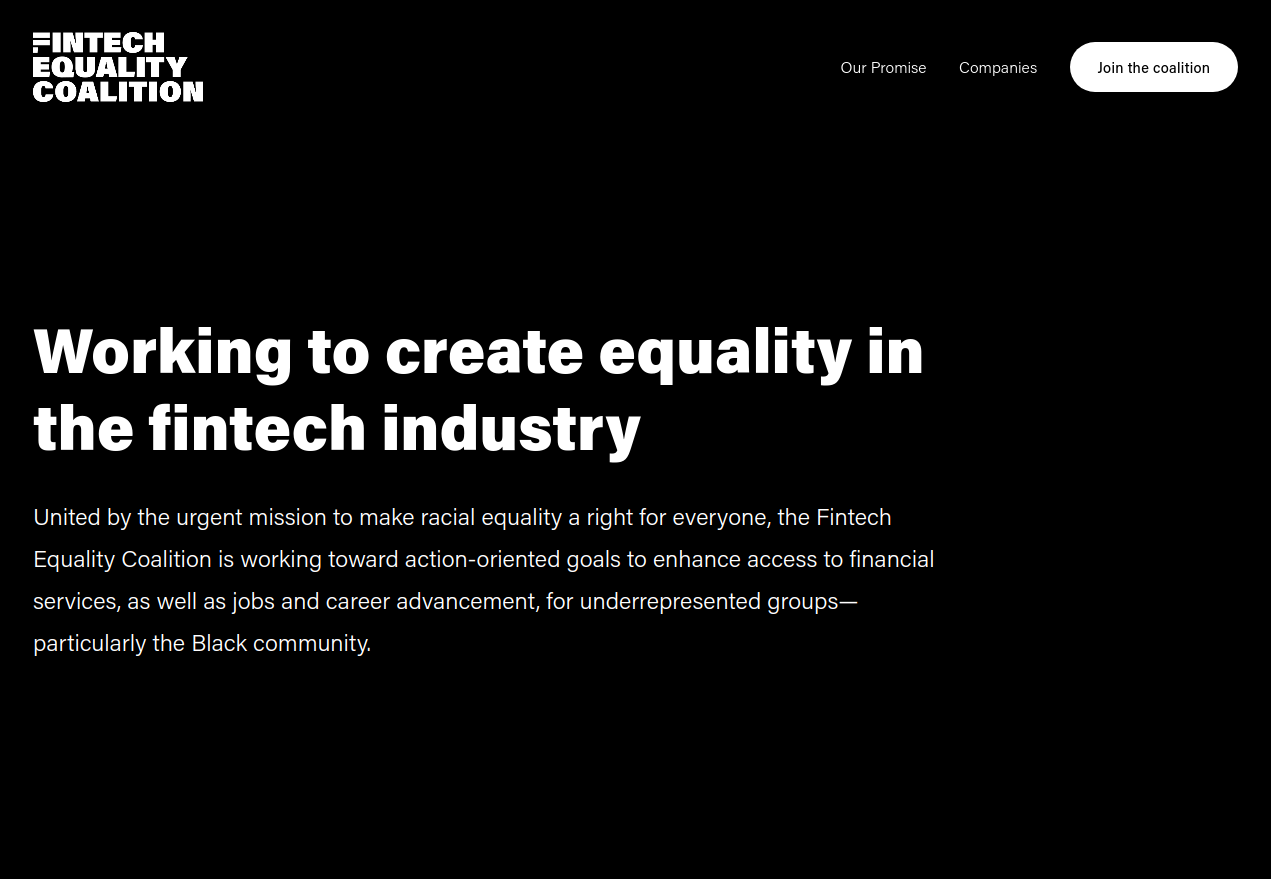Archive for 2020
Additional Lawsuits Filed Against OnDeck Directors Over Enova Deal
September 14, 2020At least three federal lawsuits have been filed against the directors of OnDeck relating to the announcement that the company is being acquired by Enova. These suits allege securities act violations with regards to how the technical aspects of the deal were disclosed while the initially reported action in the Delaware Court of Chancery alleged a breach of fiduciary duty.
The federal securities lawsuits are:
Daniel Senteno v. On Deck Capital, Inc. et al – Case 1:20-cv-01179-MN
Eric Sabatini (on behalf of a class) v On Deck Capital, Inc et al – Case 1:20-cv-01166-MN
Mohamed Aboubih v On Deck Capital, Inc. et al – Case 1:20-cv-07319-Vm
Business Loan Broker “The Tyrant” Sentenced to at Least Five Years in Prison
September 10, 2020The owner of a Long Island business loan brokerage convicted of orchestrating an advance fee loan scheme, was sentenced to prison this week. The judge handed Demetrios Boudourakis five to ten years and ordered him to pay a total of $880,000 in restitution to victims.
Boudourakis solicited business owners for a loan and then charged them an upfront fee when no loan was actually forthcoming. He pled guilty in June to the charge of grand larceny in the 2nd degree.
GOP Proposes PPP Skinny Bill, Vote Thursday
September 9, 2020 On Tuesday, Senate Republicans introduced a slimmed-down “Skinny Bill” stimulus proposal, offering $500 billion proposed aid that they believe both sides of the aisle can agree on.
On Tuesday, Senate Republicans introduced a slimmed-down “Skinny Bill” stimulus proposal, offering $500 billion proposed aid that they believe both sides of the aisle can agree on.
The Bill will extend PPP loans into the fall with $258 billion and certain small businesses will also be able to receive a second forgivable loan. If passed, the Skinny will also reintroduce weekly unemployment benefits of $300- half the $600 CARES act benefits that ended in July.
The Senate will vote on the proposed bill Thursday afternoon. The vote will test the GOP’s cohesion, which could not garner enough support for the $1 trillion HEALS act introduced in July. To pass, the Bill will need seven Democrat votes and 60 votes overall.
If it passes, it will have to survive the Democrat-controlled house. House Majority Leader Nancy Pelosi has already spoken against the Bill, saying it is filled with Republican “poison pills” that cannot pass in the House. House Dems are calling the Bill wholly political. Senate Majority leader Mitch McConnell said that if the Bill can not pass, the GOP can demonstrate that Dems are “stonewalling” aid.
Lendini Relaxes Previously Announced Covid-Guidelines
September 9, 2020Bensalem, PA –September 9, 2020– Lendini is excited to announce its return to small business funding. Through superior efficiency and analysis, the company has improved the process of alternative funding from some of the brightest minds in finance, technology and analytics. With updated (temporary COVID-19) guidelines, they remain dedicated and committed to their merchants and ISOs in these unprecedented times.
Lendini works directly with you to prepare the best package for your client, whether that be a Business Cash Advance (BCA) or Merchant Cash Advance (MCA). Simply put, Lendini advances money based on the average monthly gross sales of a business or average monthly credit card sales. Money can be advanced quickly because securing assets and collateral is not required.
Get clients funded in 4 easy steps; application submission, information review, approval or denial, final review and your client is funded. Minimal documentation is required. The company must have 18 months in business with $7,500 per month in gross sales and an average daily balance of $750. We require a minimum of 5 deposits, monthly into the business bank account.
Funding Stipulations:
- Bank login
- Funding call with merchant
Required Documents:
- Application
- All 2020 business bank statements + MTD
- Signed and dated agreement
- Proof of business existence
- Meets state registration requirements
- Proof of ownership
- Merchant interview
- Driver’s license
- Voided check (starter checks will not be accepted)
With $540 million dollars funded to 15,000 small businesses, Lendini offers incomparable solutions customized specifically for your client. The company prides itself in being able to offer up to $300,000 in as little as 1 business day (in most cases). Funding can be used for any business purpose you may have.
Lendini is not a bank and does not provide loans, they offer cash advances. With Lendini, business owners receive the capital they need without lengthy delays or excessive paperwork. In general, Lendini offers pre-approvals in under three hours and next day funding of approved advances. The staff provides unparalleled customer service and treats each business owner with the respect they deserve.
Fountainhead CEO Chris Hurn Speaks With deBanked About His Experience With 2020
September 9, 2020Chris Hurn, the CEO of Fountainhead, a national non-bank direct commercial lender based in Lake Mary-FL, recently told deBanked in an interview what his company has experienced in 2020. The company was recently ranked 1,502 on the Inc. 5000 list.
Watch the interview below:
The New Largest Merchant Cash Advance in History: $90 million +
September 9, 2020The largest merchant cash advance in history (at $40 million), first publicly disclosed in 2018, has been outdone. On Tuesday, the Receiver in the Par Funding SEC case revealed that its largest customer had outstanding purchased receivables of $91.3 million. The customer is an office and cleaning supply company based on Long Island. The amount is now the largest known merchant cash advance deal in history.
Par’s second largest customer had outstanding purchased receivables of $35 million.
Par’s total receivables are estimated to be $420 million. $228.8 million of it stems from just 10 customers including the two referenced above, according to a recently filed report.
NYC Restaurants Have Had Enough, Two Lawsuits Filed to Reopen Indoor Dining
September 9, 2020 The five buroughs of New York City are still quiet. Restaurants remain closed to inside dining; gyms still await their regulars to return (beefcakes deflating with inactivity), and in-person schooling has been pushed back once again, while the districts take an extra week to prepare.
The five buroughs of New York City are still quiet. Restaurants remain closed to inside dining; gyms still await their regulars to return (beefcakes deflating with inactivity), and in-person schooling has been pushed back once again, while the districts take an extra week to prepare.
Through it all, business owners are losing money. Some have had enough.
Il Bacco, an Italian restaurant in Queens, is leading the charge. The restaurant recently filed a $3 billion class-action lawsuit against New York, signed by more than 300 restaurants. Il Bacco is a three-story eatery in Little Neck, 500 feet from the Nassau county border where restaurants can open to 50% capacity.
Another group of restaurants met separately at a rally in Staten Island to speak out against the inaction of lawmakers and to formally propose a separate lawsuit to force the reopening of restaurants.
On behalf of Bocelli, Joyce’s Tavern, and the Independent Restaurant Owners Association Rescue- (IROAR) papers were filed in Richmond County, calling for the emergency opening of restaurants throughout NYC at 50% capacity. IROAR was started last week as a confederation of 14 disgruntled restaurants. More recently the association has grown to 180 members.
Tina Maria, daughter of the owner at Il Bacco, also started an online petition with more than 5,000 signatures at writing.
On Sept 9th, shopping malls can open to 50% capacity and Casinos to 25% capacity, but restaurants like Il Bacco still struggle to make up for six months of decreased activity.
In speaking at the rally on Tuesday, Bob Deluca owner of Delucas Italian Restaurant said he and his workers have put in hundreds of hours of work a week just to see government officials keep his business from opening. Now he said, enough is enough.
“We’re being discriminated against, we’re being bullied,” Deluca said. “My mother told me to always stand up to bullies and stand up for people in need who are being bullied. Right here, this is our knockout punch.”
Deluca dropped the lawsuit on the podium, punctuating his frustration. He said he never wanted it to come to this, but it has come to it. Deluca reacted to Mayor Bill de Blasio’s comment from two weeks ago, stating restaurants were for the middle class and wealthy people.
“We are workers, it’s not a luxurious lifestyle, we are barely middle class,” Deluca said. “What about the waiters, the busboys, what about the dishwashers the bartenders, and the cooks. To say restaurants are for the middle class and wealthy is the most ignorant statement I’ve ever heard.”
Fintech Equality Coalition: meet disparity in minority PPP funding
September 9, 2020 Last month, a group of fintech companies christened the Fintech Equality Coalition. Dedicated to ensuring racial equality is a right extended to everyone, the group pledges to focus on enhancing access to financial services for the underrepresented- particularly within the black community.
Last month, a group of fintech companies christened the Fintech Equality Coalition. Dedicated to ensuring racial equality is a right extended to everyone, the group pledges to focus on enhancing access to financial services for the underrepresented- particularly within the black community.
The coalition comes at a pivotal time for fintech, currently facing the challenges created by the 2020 pandemic.
In August, the Federal Reserve Bank of New York released a study into the distribution of PPP and how the funds affected black communities. The institution found that the number of small business owners fell by 22% from February to April- the largest drop on record. But the closure of businesses was not felt equally.
“Black businesses experienced the most acute decline, with a 41 percent drop,” The study said. “Latinx business owners fell by 32 percent, and Asian business owners dropped by 26 percent. In contrast, the number of white business owners fell by 17 percent.”
The study also showed that forty percent of Black-owned businesses are concentrated in 30 counties across the country. 19 out of 30 of these counties were the hardest hit by COVID 19 in the nation.
Unfortunately, other studies have shown that the PPP did not accurately get funds to areas hit by the virus. The National Bureau of Economic Research (NBER) published in July, found that companies more negatively affected by COVID were less likely to be approved.
This may explain why the Small Business Majority study into PPP found that while 63% of Black and Latino small business owners applied, less than two-thirds received funding.
The Fintech Equality Coaltion’s pledge is overall a promise to do more for minority communities, stating:
- Because the Black community is underserved by financial services
- Because there are Black voices and issues in our industry that should be but are not currently amplified
- Because Black employees and Black-owned businesses are underrepresented in the tech community, including at many of our companies
- Because the Black community is underrepresented in leadership roles, including at many of our companies
- Because these promises are meaningless without accountability
The coalition is a pledge to host and sponsor events like forums that feature black speakers. The pledge is also a recognition that the black community has been underserved by financial services in the past, and the signers aim to incorporate more black-owned businesses than before.
Who’s signed



































































